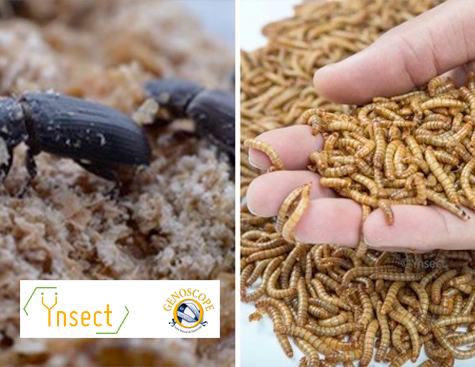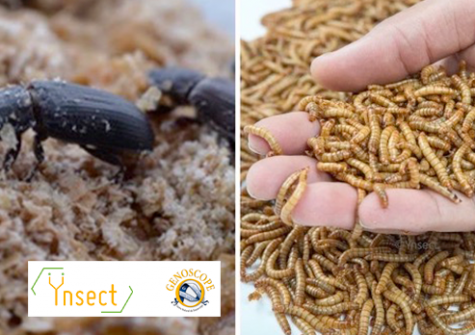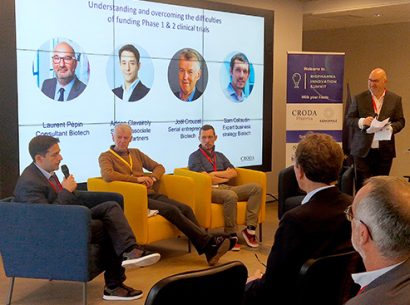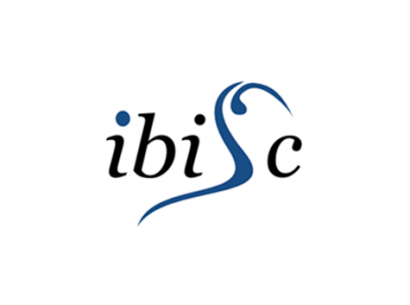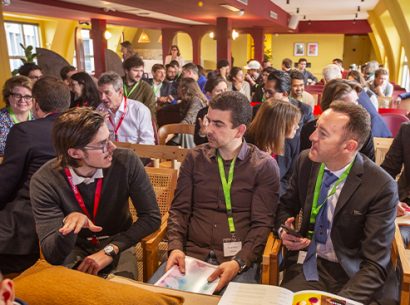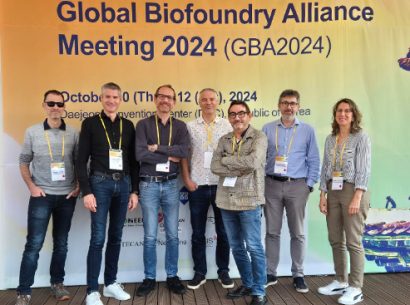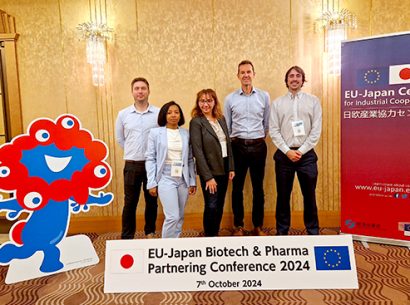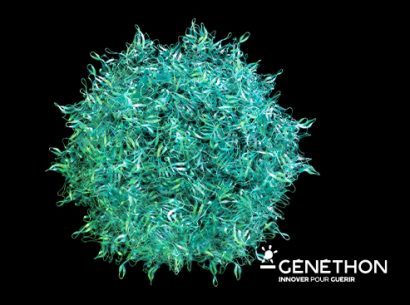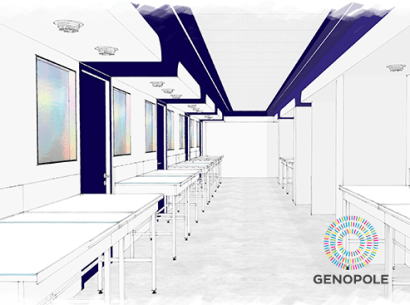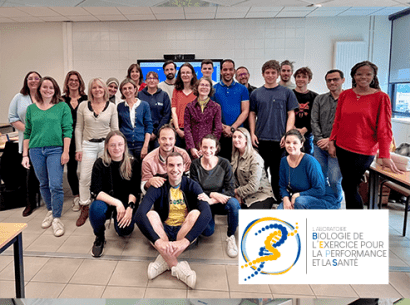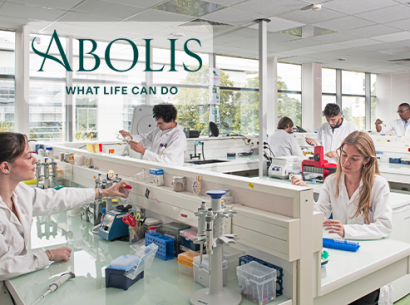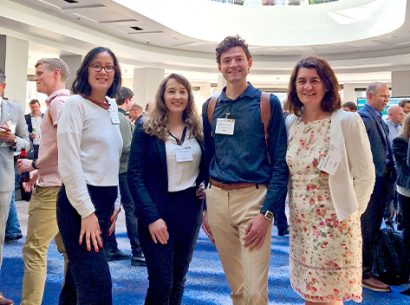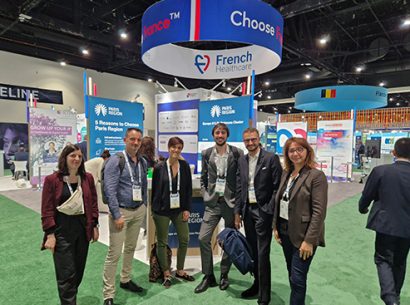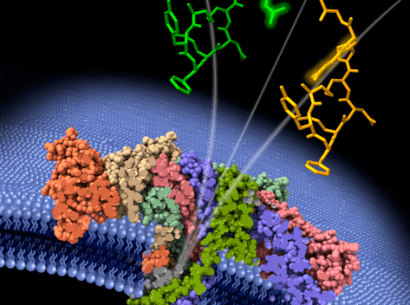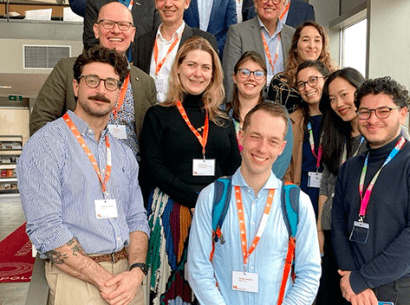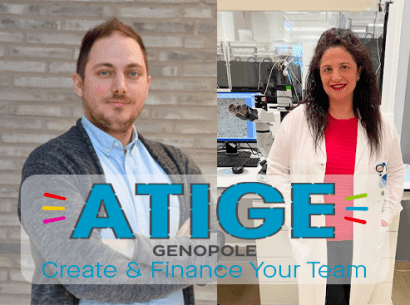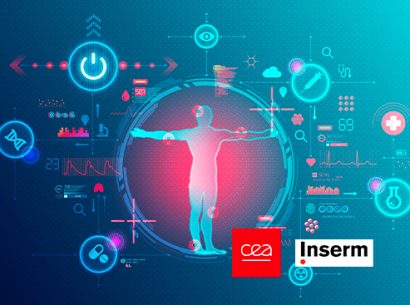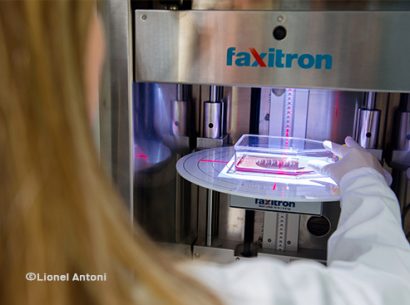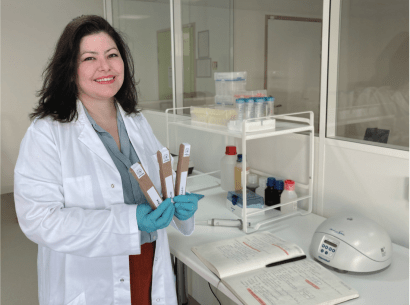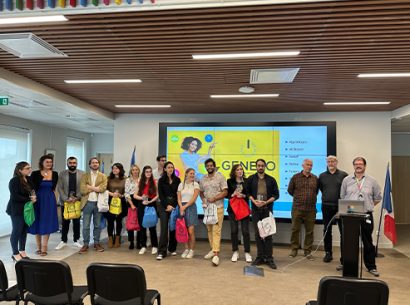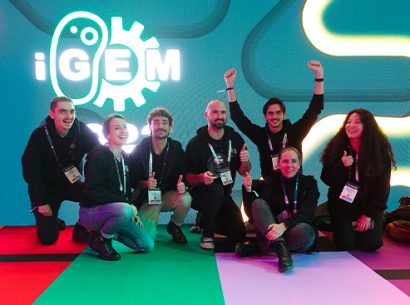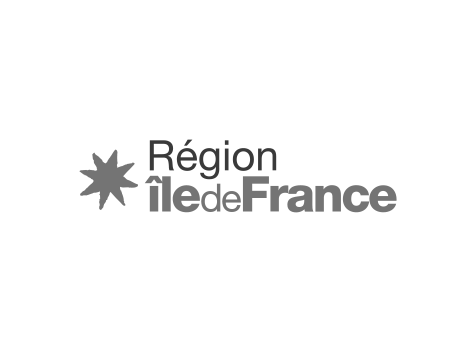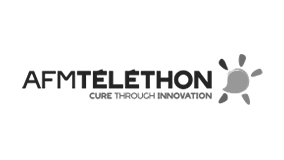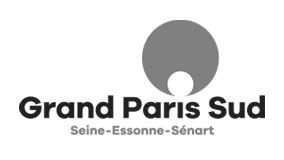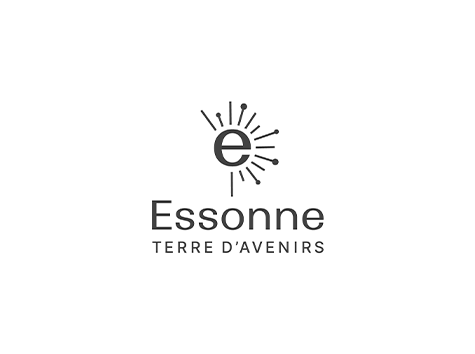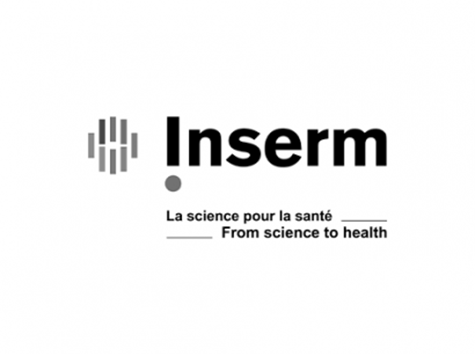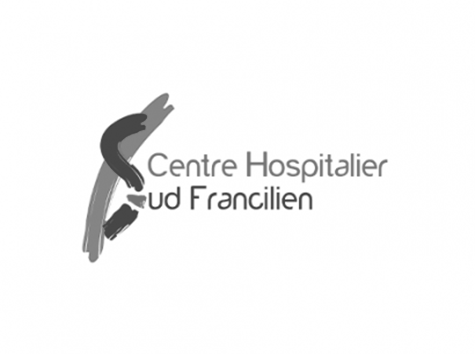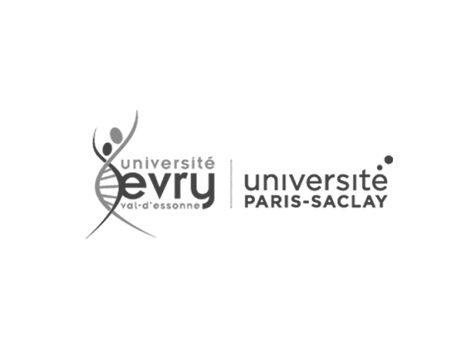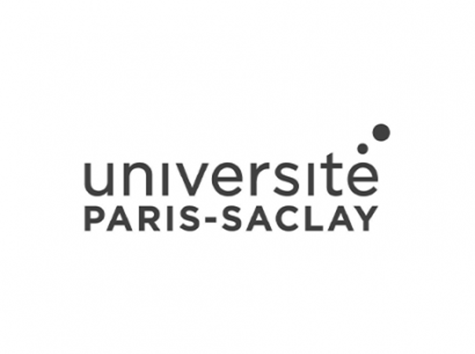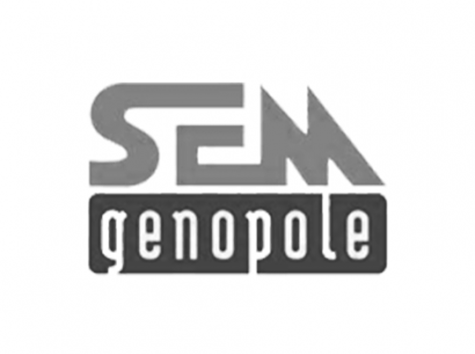Ÿnsect’s project Ÿnfabre* has no equivalent anywhere in the world. The company is currently building the largest-ever insect farm for animal nutrition today and human nutrition tomorrow. The project’s objective is to select the best-breeding mealworm beetles for the large-scale production of their larvae, which are a rich source of proteins and other nutritional elements (oils, vitamins, etc.).
This agro-industrial project is the fruit of research on mealworm production and transformation carried out in Ÿnsect’s laboratory. The company arrived at Genopole in 2013 and has since become one of the world’s largest private entities for insect research
The Ÿnfabre project builds upon knowledge of the insect’s genome, assembled recently by the national sequencing center Genoscope, also located at Genopole. The state-of-the-art methods deployed for that achievement were able to deliver very long DNA sequences close to those of an entire chromosome. Ÿnsect will thus be able to study both biological traits and this high-quality genomic map for the integrated selection of beetles. The desired characteristics include rapid growth and reproduction, a good feed conversion rate (input feed to output nutrition ratio) and good disease resistance.
This ambitious program addresses the important issue of nutritional security and more specifically that of alternative proteins for an ever-growing human population while also reducing environmental impacts via energy-frugal, large-scale insect farming. Thereto, on 4 July 2022, Ÿnsect got the green light from the European Food Safety Authority (EFSA) for the use of a second insect larva, that of the lesser mealworm beetle (Alphitobius diaperinus), for human nutrition (https://efsa.onlinelibrary.wiley.com/doi/full/10.2903/j.efsa.2022.7325).

